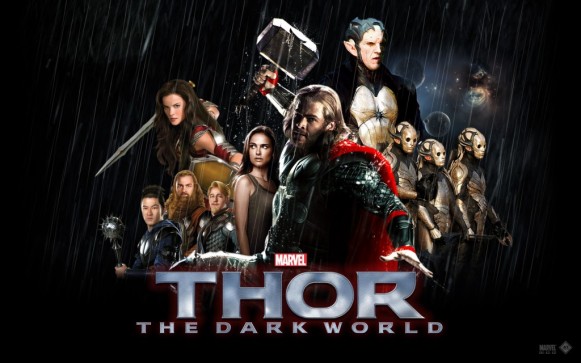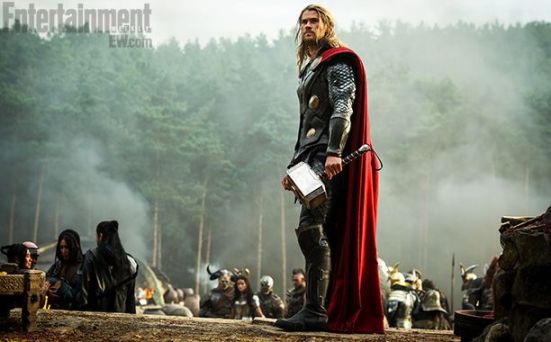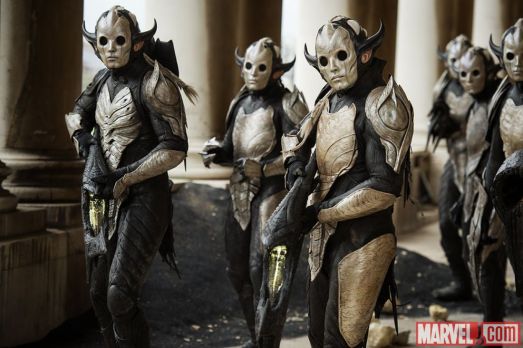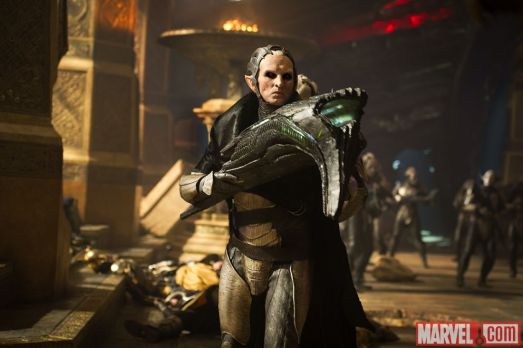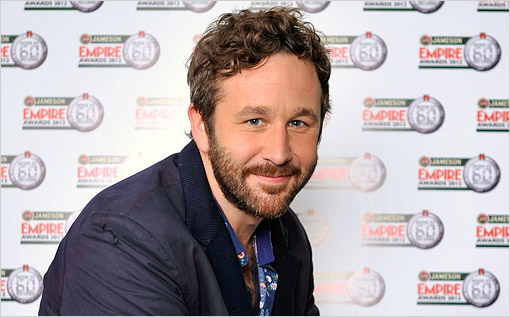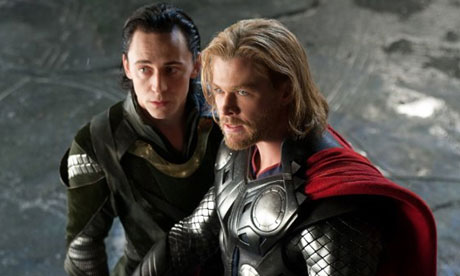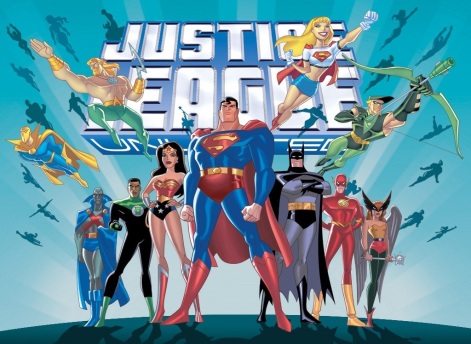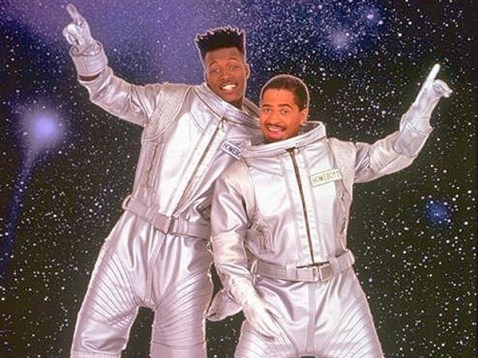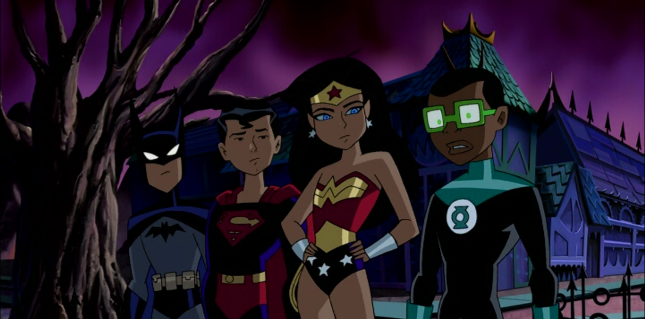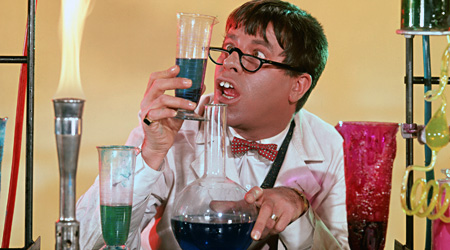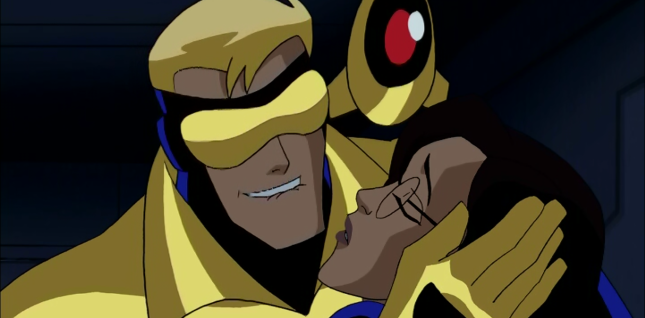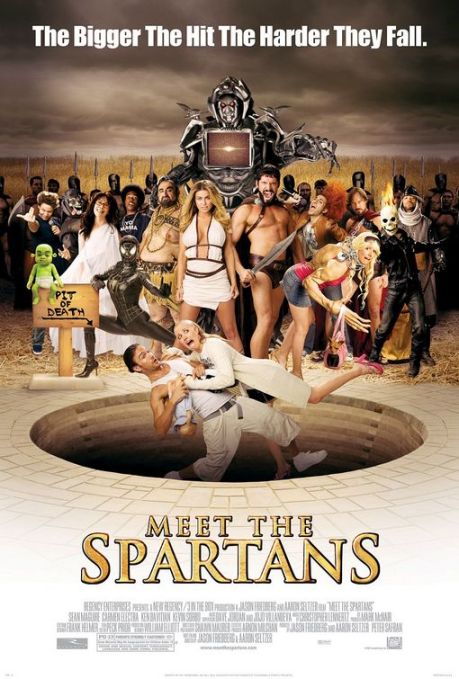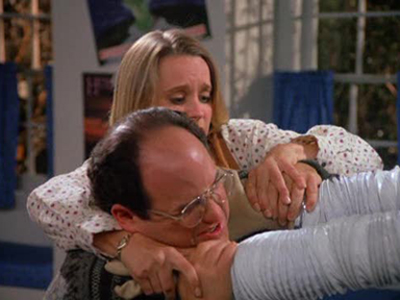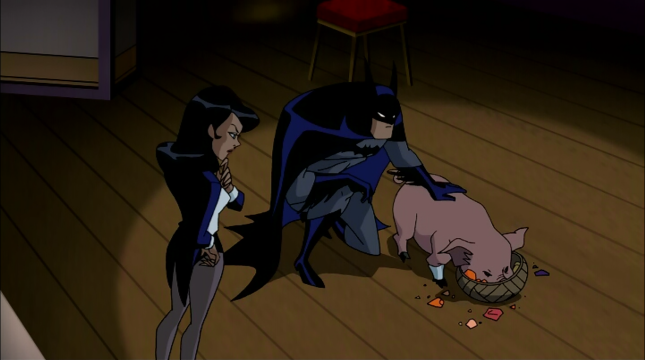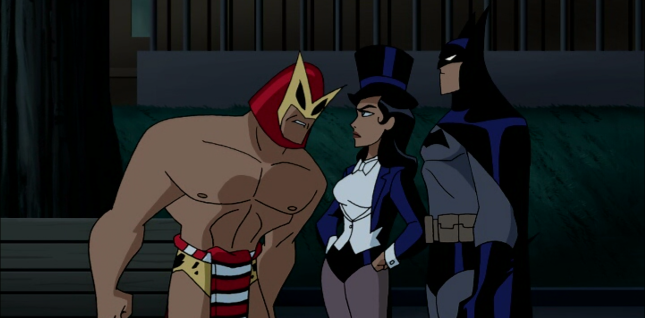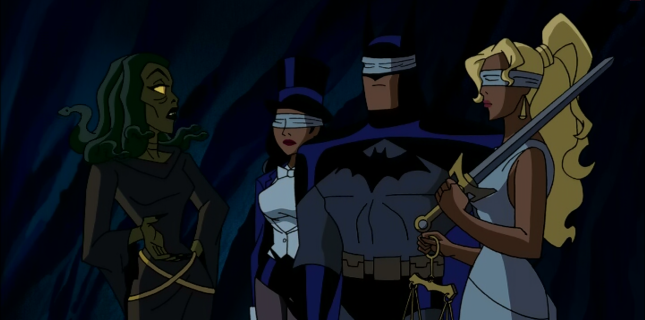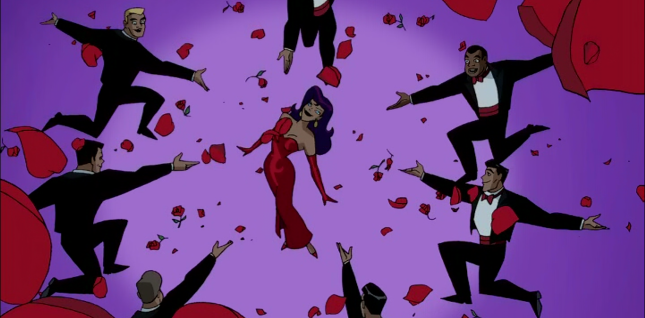Thor is the Dos Equis guy of Marvel. Whereas Peter Parker cries about dead uncles and Tony Stark can’t put down that bottle of Jack Daniels, Thor fights rock giants and beds valkyries with a grin on his face and sledge in his hand. He’s omnipotent. He’s noble. He’s boring as shit. One of the reasons it took soooo long for Marvel to even create a film about one of it’s most significant characters was because he’s extremely difficult to adapt into a compelling protagonist. With that in mind, i saw the first Thor ( 2011 ) with apprehension and came out…neutrally. It’s about as good of an adaptation as one could do, but it’s not a good film in its own right. As mentioned, Thor was severely lags behind his Avengers kin in terms of character in the film. In addition, a large portion of the film ( by necessity i understand ) happens on Earth for the sole purpose of:
a) connecting the franchise with the awkwardly integrated S.H.I.E.L.D.
b ) connecting him with humanity despite the fact that it was established IN THE BEGINNING OF THE FILM that the Asgardians had already interacted with humans several times in the past
c ) forcing a relationship with all the chemistry of peanut butter and salami
With that being said, i thought it was well cast, which allowed for fairly boring characters to be interesting ( especially Loki ). In addition, i’ve grown to appreciate the artistic direction of the series in regards to its Asgard ( which i’ll touch upon later ). But enough about the first film, what do i think about it’s illustrious sequel?
Honestly? It’s better. Still not good, but better. And not for necessarily the best reasons.
The plot: After the events of the first film, Thor has been busy maintaining order in the ( poorly defined ) nine realms of the universe. Back on Midgard / Earth, Padme and that busty CBS waitress happen to find a rip in the fabric of reality ( which happens sometimes ). It turns out that one of these rips leads to a macguffin known as “dark aether” which was previously a plot point in an ancient war between the Asgardians and the oddly-technologically-advanced Dark Elves, who want to use it to spread the daaaahkness across the realms.
One of the biggest problems i had with the first film was it’s scenes on Earth and this one more than makes up for it. The majority of the film takes place on Asgard and occasionally the titular dark world. As such, we get the sheer scope of the world of Thor. This is helped by another narrated “historical lecture” by Anthony Hopkins as Odin in the beginning. Though he’s clearly a little checked out in this film, Hopkins as always manages to get across the gravitas that a film featuring Norse myth should have. Speaking of which, one of the most under-appreciated aspects of these films is the art direction. And i don’t mean flashy Hollywood CGI ( which is still good, i’ll admit ) , i mean the actual aesthetic choices. The film furthers a sort of “magitech” feeling for the Asgardians and their technology. When Loki is imprisoned, his force field cell looks like it wouldn’t be out of place in Star Trek if it weren’t for those stock “fantasy runes”. Choices like this keeps Asgard from feeling like a generic Dungeons and Dragons locale and also makes it fit in a world where Iron Men and Heli-carriers abound. The villainous Dark Elves take this even further by using weapons straight out of Halo such as energy rifles and grenades. Overall, like the last film, The Dark World has a very strong aesthetic goal and concept that makes for compelling visuals…
…which doesn’t do much for uncompelling plot. Thor: The Dark World suffers from the same condition as Iron Man 2 ( 2010 ) by being an uninspired franchise sequel. By the end of Thor, Thor goes from being a cocky guy who cares little for his enemies to being a cocky guy who cares a little for his enemies. That’s it. That’s the only psychology you could milk out of that asshole. As hard as it is to believe, there’s LESS characterization in this film. The only driving aspect of the character is, of course, his arbitrary love for Jane Foster ( Natalie Portman ).Once they’re reunited, that becomes the only thing we get out of the guy emotionally. Even when a MUCH more terrible event occurs during the film, he barely has emotional reaction. This is why Thor is such a god-awful film protagonist: no matter how charismatic Hemsworth is, he can’t make up for a character with absolutely no pathos. There’s nothing for him to grow into at this point, his narrative journey ended in the first film. This makes the scenes on Earth more painful than they were in the first film, since they literally have no bearing on anything. Ironically, the film’s choice to use Earth comedically actually undercuts most of the point of the first film. The first scene with Jane Foster shows her on a date with the affable Chris O’Dowd ( Bridesmaids ) who looking like this…
…pales in comparison the dreamy Thor. During the scene, Darcy ( Kat Dennings ) shows up and basically cuts the poor sod off, while Jane purposely ignores him, which is funny because…it’s actually not that funny. It underscores the biggest problem with this film and the challenge of Thor as a superhero. Once all of the “character development” of Thor was finished, humans became punchlines to the film’s jokes. “Look at this limey loser! He ain’t shit compared to Asgardians!”. Even Jane ends up being portrayed as more of a commoner during her brief stay on Asgard, where she can barely has any screen presence when compared to her godly costars. So with all that in mind: how do you then justify Thor’s interest in Earth? Asgardians and whatever the fuck Hogun is are essentially humans but better. Why the fuck was it important for him to be a hero on Earth? The film seems to forget it has to even establish that reasoning. This lack of motivation stretches an already stretched-thin excuse plot.
Speaking of plot, it’s actually the opposite of Iron Man 2 in terms of complexity. Which is a bad thing. Obviously, no one really cared about writing a good story for Iron Man 2. So instead, they have a quick plot that needs little explanation AND could be conveniently wrapped up succinctly. The Dark World takes a fairly uninteresting macguffin plot and actually makes it hard to understand through a whole shit load of plot elements. This is where the ” magitech” elements work against the film, since we’re given obscure technobabble for almost every aspect of the climax. I dare any viewer to honestly tell me how exactly Thor defeats the Elves by the end. In terms of subplot, the only one of note is the hinted at Jane / Sif rivalry. I’ll just tell ya, it’s not that big of a deal. See it for yourself and you’ll probably agree.
One of the most criminal sins for the more passive viewer is the fact that, once again, Thor barely fights. I get it, i really do. Thor is a god. Because of this, showing him in combat often would kind of diminish the majesty of his might. This is the reason why this is one of the few elements that didn’t bother me. As i said, Thor just ain’t interesting. There’s no way for him to lose and he has no personal struggles to overcome. This film manages to spend just enough time away from Thor in order to actually be somewhat compelling. We get more screen time with his mother Frigga ( Rene Russo ) who has some tense moments. As per fan-girl request ( literally ), we get plenty of Loki as well. While it’s obvious he’s a bit tacked on to the plot, i’ll admit Hiddleston plays his role well as usual as Thor’s untrustworthy sidekick. Personally, i think the time could have been better spent with supporting characters Thor actually LIKES like, i don’t know, the four fucking badass warriors who would follow him to death. But as a non-fifteen year old white girl, i am clearly not part of Thor’s fanbase.
Final Verdict
This film is the lowest form of ‘ok’ to me. The first act is impressive and really ties you into the Norse mythos the film creates. The best parts for me were when they didn’t focus on Thor or Jane and instead had us soaring around this world. The actors make due with what they got, but it ain’t much. Not to mention the plot is almost pointless. See this film if you liked the first one, appreciate the talents of the cast, or have the money for IMAX 3D. Don’t see this film if you didn’t like the first, actually want character development, or want an interesting story.
For more posts on Marvel heroes:
Journey of Peter Parker from Amazing Fantasy to Amazing Spider-Man
Spider-Man Tackles The Torch: Spider-Man as a Classic Anti-Hero
